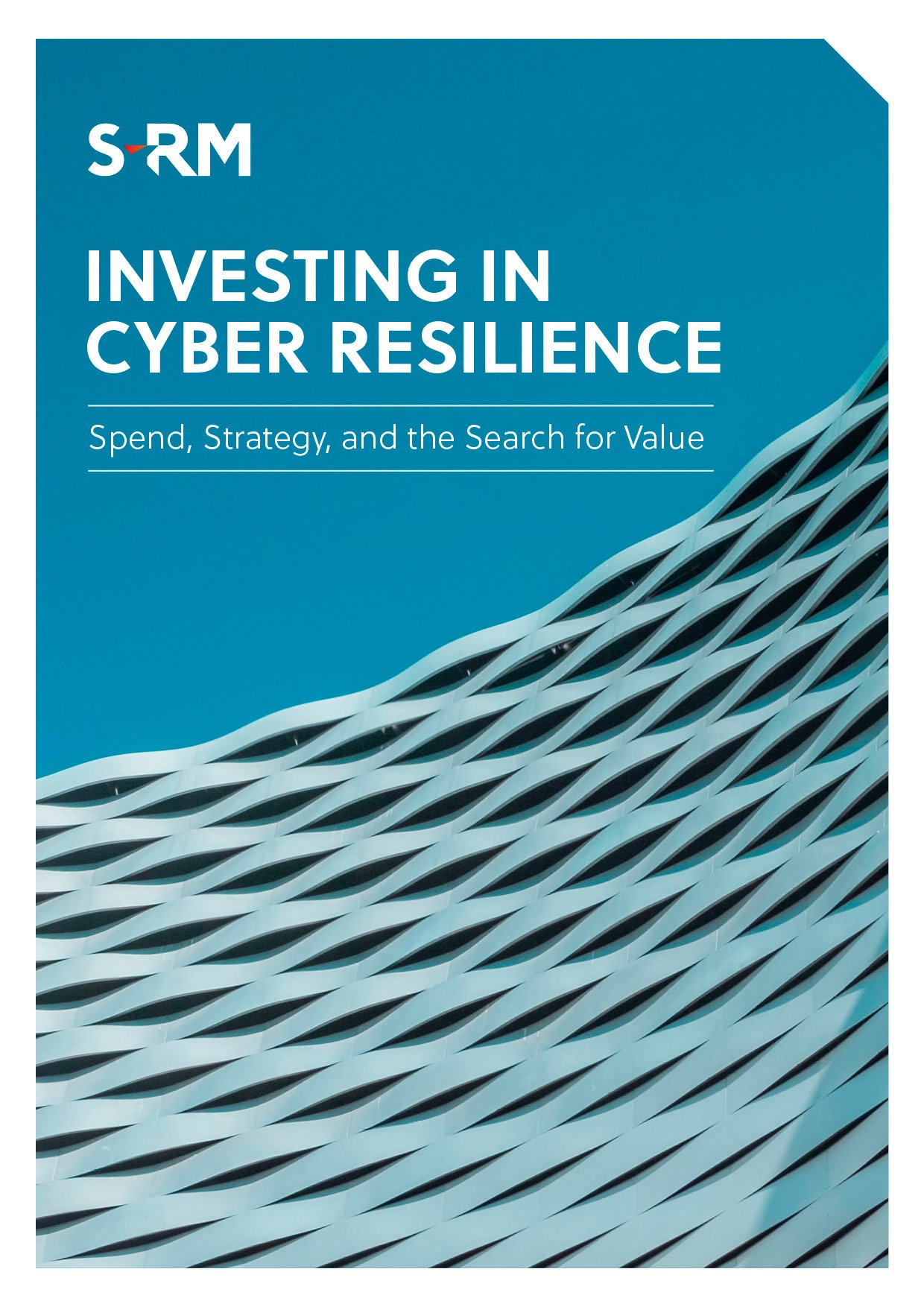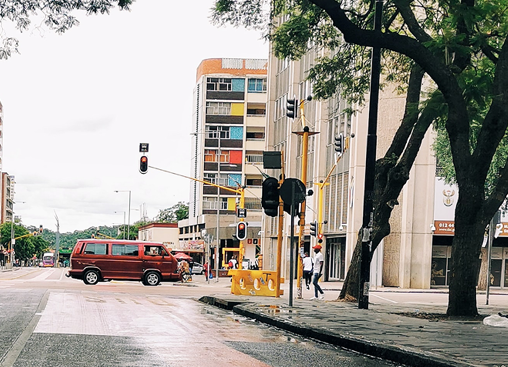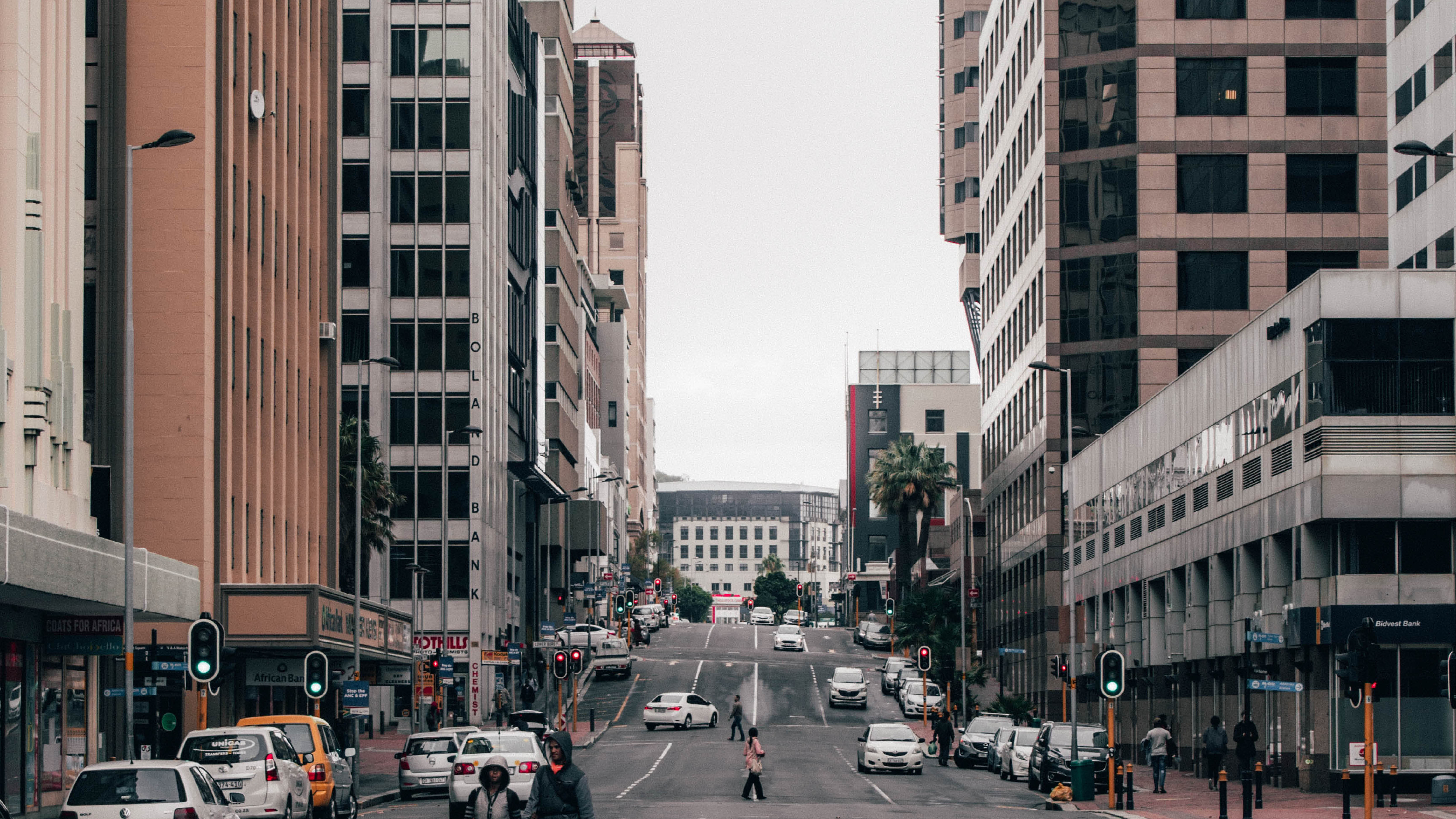
As diplomats, oil majors and investors gather in the City of Cape Town for the oil and gas sector’s annual African conference, the continent is ready to showcase opportunities old and new. Despite enthusiasm over opportunities on the continent, corruption, political instability and insecurity continue to dampen investor confidence.
Operating in certain African jurisdictions requires an acute awareness of the political and security landscape, to ensure you are one step ahead of possible barriers or disruptions to your business. S-RM assesses five countries that offer unique opportunities, provided your business understands the inherent challenges.
1. NIGERIA: HERE TO STAY?
Despite being sub-Saharan Africa’s most oil-rich country, Nigeria remains beleaguered by widespread corruption, declining international investment due to growing insecurity, and aging infrastructure. President Muhammadu Buhari has, however, entered his second term with a new will to revitalise the sector, specifically bringing new refineries on board to reduce petroleum imports, but it is unclear whether this vision will be realised. The president remains committed to greater state involvement in the sector, a policy that he used to distinguish his election campaign from his pro-privatisation opponent, Atiku Abubakar. Yet, the failure to uncouple compromised state entities and associated corruption from the lucrative sector will do little to address the regulatory and corruption risks in the country. Furthermore, while militancy in the oil-rich Niger Delta has declined this year, militant groups remain embedded in the region and will be able to renew armed campaigns against the sector should they choose to do so.
2. ANGOLA: OPEN FOR BUSINESS
President João Lourenço has made good headway this year with proposed reforms to Angola’s O&G sector aimed at reducing the influence of state-owned Sonangol and promoting investment. Although ripe with opportunity, investors remain cautious amid persistent concerns over corruption. While the impending partial privatisation of Sonangol and some of its subsidiaries points to an ongoing commitment to open the sector, investors should conduct thorough due diligence to ensure they enter the right partnerships. The fallout from Sonangol corruption investigations is still unfolding and investors and operators alike should approach Angola with cautious optimism.
3. SENEGAL: THE NEW KID ON THE BLOCK
Optimism is running high in Senegal as the country prepares to become a major oil and gas player in West Africa. With licensing rounds opening on 4 November and plans for offshore projects to come online between 2022 and 2026, Senegal is the exciting new kid on the block. Yet, the Senegalese public and investors alike are wary of recent allegations of corruption in the nascent sector. These allegations have gained international media attention, but bodies such as the African Energy Chamber (AEC) – a regional initiative to support indigenous African companies in the energy sector – have rejected the claims. It is clear Senegal will be a premier destination for investment in the coming months and, with Senegalese citizens pushing for investigations into any perceived wrongdoing, the sector is likely to experience heightened levels of regulatory scrutiny.

4. SOUTH AFRICA: DON’T LEAVE US BEHIND
Total’s O&G discovery in February this year has renewed impetus for South Africa to finalise its O&G legislation. The new prospects make it imperative for South Africa to carve out standalone regulations for the sector, separate from the troubled Mineral and Petroleum Resources Development Act (MPRDA). The MPRDA and its proposed amendments have failed to get off the starting block since 2015. With the country suffering weak economic growth of sub-one percent, South Africa will be keen to leverage any opportunity to revitalise investment and, most importantly, create jobs to counter the unemployment rate of 29 percent. Yet, lacklustre policies in key economic sectors are only one of the country’s challenges as high crime rates, unrelenting waves of civil unrest and systemic government corruption, and mismanagement continue to undermine investor confidence.
5. MOZAMBIQUE: THE PROBLEM CHILD
The billion-dollar gas deals in Mozambique have long been framed as a much-needed remedy to the country’s economic challenges. Yet, with the rise of an Islamist insurgency in the gas-rich Cabo Delgado province, a disputed presidential election and an already faltering peace deal with the splintering opposition party, Resistência Nacional Moçambicana (Renamo), the prospects for immediate reprieve are dwindling. Furthermore, the government remains burdened by the 2015 debt scandal and will be eager to get its gas prospects online to offset government debt. With security and political challenges mounting, it remains to be seen whether the government will be sufficiently equipped to secure its gas prospects.
S-RM works closely with a wide range of oil and gas clients in Africa to assist them in effectively navigating the wide range of complex operating environments on the continent. We support our clients in better understanding the ownership structures and political exposure of the entities they are engaging with, while also monitoring key political and security changes and how these could impact business operations.



 Email Gabrielle
Email Gabrielle





 @SRMInform
@SRMInform
 S-RM
S-RM
 hello@s-rminform.com
hello@s-rminform.com

